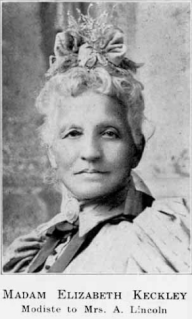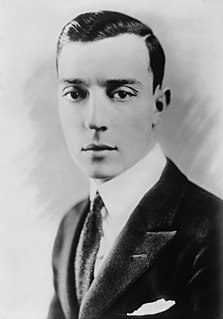A Quote by Walt Whitman
I see the President almost every day. I see very plainly Abraham Lincoln's dark brown face with its deep-cut lines, the eyes always to me with a deep latent sadness in the expression. None of the artists or pictures has caught the deep, though subtle and indirect expression of this man's face. There is something else there. One of the great portrait painters of two or three centuries ago is needed.
Related Quotes
Look at Charlie Brown's face. Would you please hold still a minute Charlie Brown? I want Linus to study your face. Now this is what you call a failure face, Linus. Notice how it has failure written all over it. Study it carefully Linus. You rarely see such a good example. Notice the deep lines, the dull vacant look in the eyes. Yes, I would say this is one of the finest examples of a failure face that your liable to see for a long while.
I lifted the white cloth from the white face of the man that I had worshipped as an idol-looked upon as a demi-god. Notwithstanding the violence of the death of the President, there was something beautiful as well as grandly solemn in the expression of the placid face. There lurked the sweetness and gentleness of childhood, and the stately grandeur of godlike intellect. I gazed long at the face, and turned away with tears in my eyes and a choking sensation in my throat. Ah! never was man so widely mourned before. The whole world bowed their heads in grief when Abraham Lincoln died.
I have always had a deep belief that every movie, every artistic expression, is political. Don't be fooled. Even ones that we wouldn't consider overtly political are political. When we spend time doing anything, whether it's distraction or whether it's something that we have to face, it is always political. That's my belief.
I see a few hands stretching out to me at the edge of the net, so I grabbed the first one I could reach and pull myself across. I roll off, and would have fallen face-first onto a wood floor if he had not caught me. "He" is the young man attached to the hand I grabbed. He has a spare upper lip and a full lower lip. His eyes are so deep-set that his eyelashes touch the skin under his eyebrows, and they are dark blue, a dreaming, sleeping, waiting color.
There's an elegiac quality in watching [American wilderness] go, because it's our own myth, the American frontier, that's deteriorating before our eyes. I feel a deep sorrow that my kids will never get to see what I've seen, and their kids will see nothing; there's a deep sadness whenever I look at nature now.
Deep, dark unearthly black. I hadn't told anyone yet, but the color kept streaking across my mind at the oddest moments. When it did, my skin shivered pleasantly, and it was as if I could feel the color tracing a finger tenderly along my jaw, tipping my chin up to face it directly. I knew it was absurd to think a color would come to life, but once or twice, I was sure I'd caught a flash of something more substantial behind the color. A pair of eyes. The way they studied me cut to the heart.
Recent breakthroughs in science show we have just the capacities we need to face our planet's challenges. We're "soft-wired" for cooperation, empathy, fairness, along with a deep need to "make a dent," as social philosopher Erich Fromm put it. My hunch is that one reason depression is a global pandemic is that the dominant mental map denies so many of us expression of these deep needs and capacities.
Beauty is only skin deep. I think what's really important is finding a balance of mind, body and spirit. Someone said to me not too long ago, "Until you're twenty, you have the face you are born with, and after that you have the face you deserve", and I really loved that - the idea that you wear who you are on your face.
Down through the years my face has been called a sour puss, a dead pan, a frozen face, The Great Stone Face, and, believe it or not, "a tragic mask." On the other hand that kindly critic, the late James Agee, described my face as ranking "almost with Lincoln's as an early American archetype, it was haunting, handsome, almost beautiful." I can't imagine what the great rail splitter's reaction would have been to this, though I sure was pleased.







































